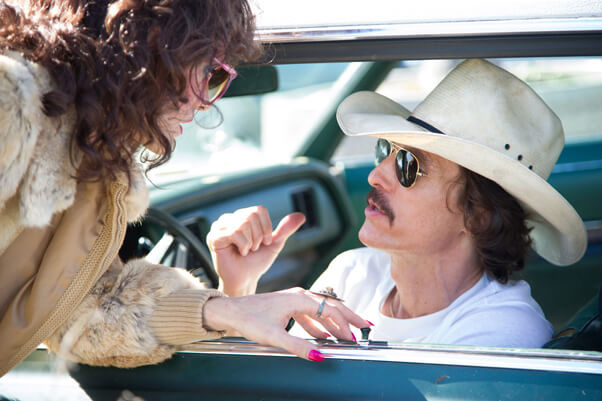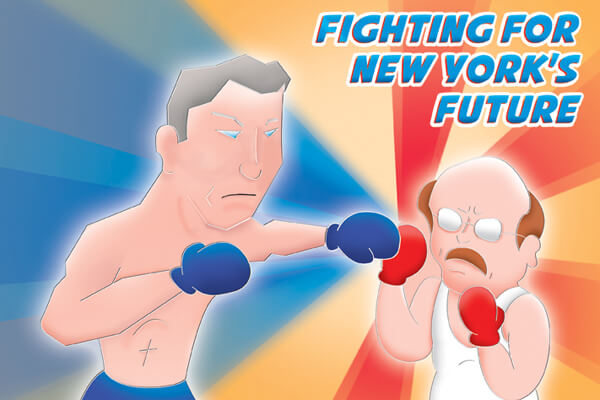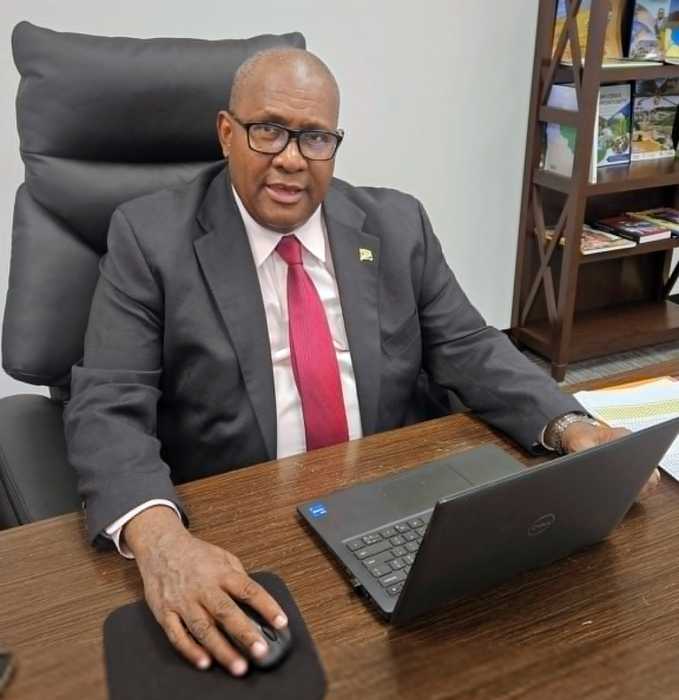Out gay writer/ director Yen Tan’s poignant, quietly powerful drama “1985” has Adrian (Cory Michael Smith), a gay man, returning home to Fort Worth for what is likely his last Christmas. The words gay and AIDS are never spoken in the film — a deliberate conceit on Tan’s part — but they inform this perceptive drama, based on the director’s earlier short film of the same name.
“1985 was the year Reagan said the word AIDS publically for the first time,” Tan said during a recent interview via Skype. “I like this idea of the audiences putting that together. That’s a provision of making an AIDS drama now. We don’t have to educate viewers. People can read between the lines. They know Adrian is sick and closeted. You experience his homecoming in his shoes and feel the weight of his burden to hide that truth.”
Adrian is visiting his conservative parents Eileen (Virginia Madsen) and Dale (Michael Chiklis) and his younger brother Andrew (Aidan Langford). The atmosphere is claustrophobic, and Tan captures that in every still shot and pregnant pause. Adrian’s discomfort also extends to keeping his status from his family and former best friend Carly (Jamie Chung). In doing so, Tan creates a series of delicate scenes that explore the familiar theme of homecoming in a new way.
“I wanted to tell a coming out story where the person doesn’t come out,” he explained.
This approach also prompted Tan to film “1985” on film and in black and white.
“Visually I wanted to explore the 1980s in an unconventional way,” he explained. “We don’t think about the 1980s in black and white, and we think AIDS was a black and white issue then. Aesthetically, it felt right. If viewers remember those days, they do it in stark, not colorful ways. We didn’t want to make the film nostalgic for the era.”
This effort to be colorless is effective. It emphasizes the characters and their interactions, all of which are deeply moving.
AIDS narratives in cinema, Tan observed, are “generally from people who were activists or living with it and had to tell their family. I wanted to tell a story where people didn’t have an opportunity to come out in a direct sort of way. What are the consequences when you don’t tell your family that you’re dying?”
One of the most striking scenes in the film involves a discussion Adrian has with his mother, where the characters talk around the topic of Adrian’s sexuality — not about it. This complicates the idea of acceptance, but it is very authentic, especially in the Bible Belt of that era.
“I wanted to get to that in the film — how the characters arrive at acceptance in indirect ways,” Tan said. “Compromise isn’t the right way of putting it, but it’s dealing with the other person’s unwillingness to talk about it. The scene where Eileen talks to Adrian in the car, she has a sense of what he’s not saying but she’s not willing to confront him. She says, ‘You don’t have to tell me until you’re ready, but I’ll try to be ready when you are.’ It’s emotionally specific. It’s a very real thing for her and people of that era living in Texas. If you know you have to deal with it in a way that might be the most rational.”
Likewise, Adrian’s relationship with his younger brother Andrew forms an interesting narrative thread as Andrew’s masculinity is described as shifting from sports to drama, and his music choices change from Top 40 to alternative. It is deliberately ambiguous if Andrew is — or will turn out to be — gay, but Adrian picks up some signs. Even if viewers think Andrew is not gay, Tan wants folks to understand that he’s going to be an outsider and not feel like he belongs.
“1985” is a very personal film as a result of Tan’s delicate approach here. It is sure to engender emotion, if not jerk tears, from people who experienced the AIDS crisis firsthand, as well as queer folks who were just coming out at that time. Tan talked about his own experience in 1985, when he was 10.
“It was the year when I vividly identified myself as gay,” he recalled. “Michael J. Fox was popular. I had this idea of watching him in ‘Back to the Future’ where I wanted to be him, and then ‘Teen Wolf,’ where I wanting to be with him. Rock Hudson’s illness and death were also headline news. It was horrific, and there was a sense of this disease as bad, that it only affects a certain type of people. So, it was coming to terms with my identity, and that identity would lead to death. At 10, that’s a simplification that happens, so that was profound, and how I viewed my sexuality even up to this point. I was scared of sex after I came out in the 1990s.”
He continued, “That’s one of the important things I was trying to do in the film. I was going back in time to tell myself at 10 that there’s a distinction between being gay and the disease. Gay can be a beautiful experience and not tied to the baggage of AIDS. It’s my form of therapy. It’s conveyed in the message Adrian leaves for his brother. It’s important for people to hear that. We didn’t get to hear that from the lost generation of people ravaged from the disease. This was my way of breaching that.”
The message, like the film, is inspiring.
1985 | Directed by Yen Tan | Wolfe Releasing | Opens Oct. 26 Quad Cinema, 34 W. 13th St. | quadcinema.com



































